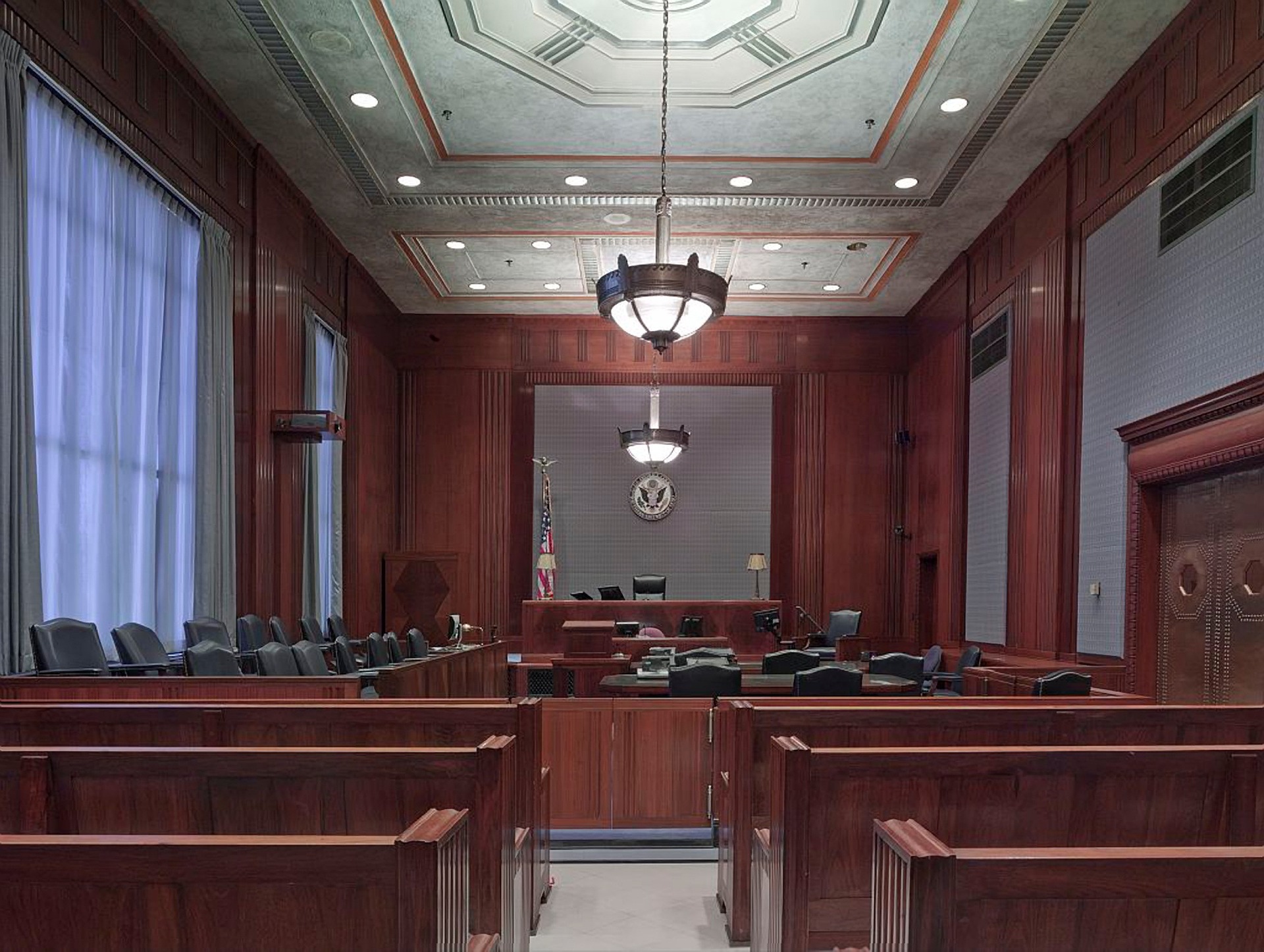Redefining Citizens United: A Decade of Political Influence
A revisit to the controversial Citizens United ruling, examining its decade-long impact on the political landscape in the United States.

Catalyst for Change
In 2010, the Supreme Court decision in Citizens United v. Federal Election Commission reverberated across the political spectrum. The case essentially stemmed from the non-profit organization Citizens United’s desire to air a film critical of Hillary Clinton during the 2008 primary season. However, such an action was deemed violating the 2002 Bipartisan Campaign Reform Act. The Supreme Court ruling in favor of Citizens United altered the political campaign financing landscape dramatically.
The Legal Implications
The Citizens United ruling remains a contentious topic in the United States’ legal and political arenas. It’s a decision that has directly challenged longstanding assumptions about corporate personhood and political speech. By asserting that governmental restrictions on independent political spending represented a violation of the First Amendment, the Supreme Court essentially paved the way for corporations and unions to use their treasury funds for political purposes.
Aftermath: A New Era
Since the Citizens United decision, the political chasm in the United States has continued to widen. The 2020 elections were reported as the most expensive to date, with billions of dollars spent on political advertising. The unlimited flow of corporate spending has raised questions on the balance of power between parties, candidates, and interest groups, and has raised concerns over the influence of money on political outcomes.
Counter-Arguments and Calls for Reversal
Public opinion indicates a majority of Americans are not comfortable with the implications of Citizens United. According to numerous polls, more than 75% of respondents believe there should be limitations on how much corporations, unions, and individuals can contribute to political campaigns. Many key players call for a constitutional amendment to overturn the decision, believing the unchecked influence of corporations on politics compromises the democratic process.
Looking Ahead: What the Future Holds
The legacy of Citizens United promises to be a long-lasting one. It represents a fundamental shift in how political campaigns are financed, opening the door for individuals and corporations to exert greater sway over electoral outcomes. As long as this ruling remains in effect, the issues it raises will continue to be a focal point for debates on free speech, campaign finance reform, and the future role of corporate influence in American politics.
This case serves as a testament to the power of court rulings to shape society, offering profound insights into the interconnectedness of law, policy, and democracy. As the impacts still unfold, citizens and lawmakers alike continue to grapple with the reverberations of this sweeping Supreme Court directive. Time will tell if this ruling transforms the very essence of American democracy, and whether a balance can be struck that respects free speech while preserving the spirit of equal political representation.




